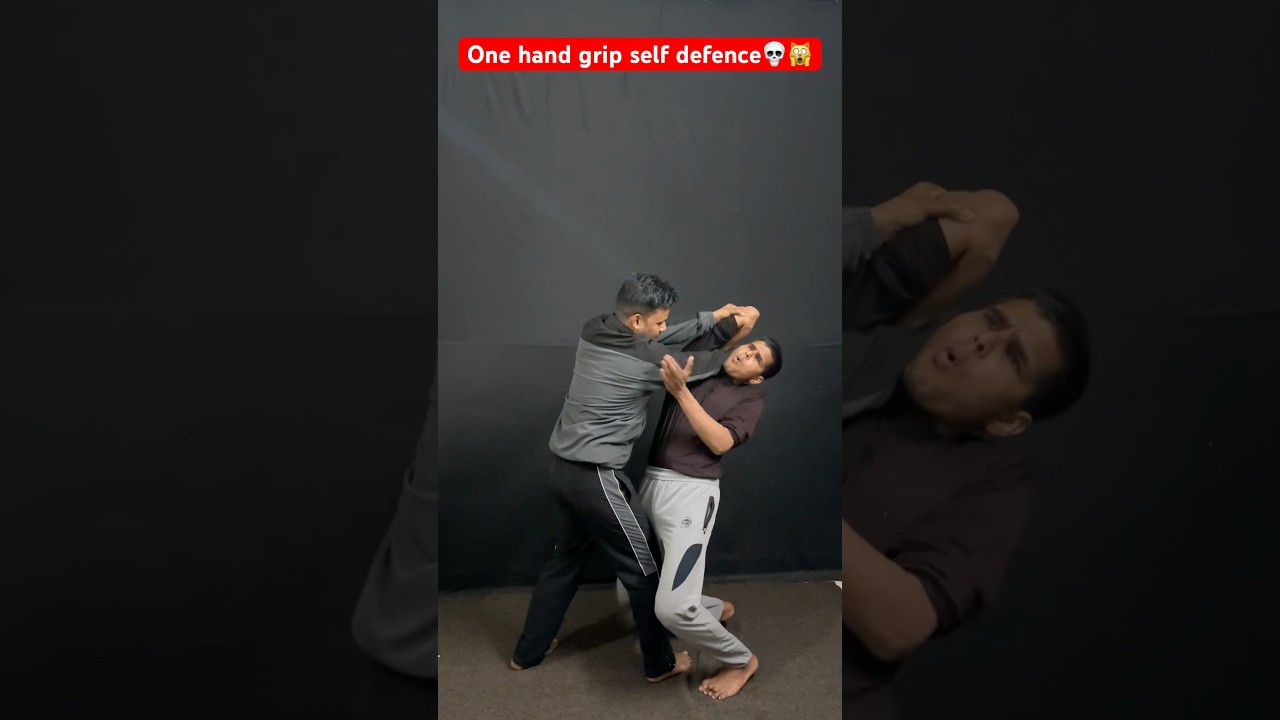Womens Self Defense
Understanding the Duty to Disclose: Essential Defense Tools for Legal Professionals

The duty to disclose is a fundamental principle in the legal field that requires attorneys and other legal professionals to be transparent and forthcoming with information in their interactions with clients, colleagues, and the court. Failure to disclose relevant information can have serious consequences, including disciplinary action, malpractice claims, and even criminal charges. Understanding the duty to disclose and knowing how to effectively fulfill this obligation is essential for legal professionals to uphold their ethical responsibilities and protect their clients’ interests.
One of the primary reasons for the duty to disclose is the principle of fairness. In any legal proceeding, all parties have the right to access relevant information and evidence in order to present their case effectively. By concealing or withholding information, legal professionals undermine the fairness of the legal process and jeopardize the integrity of the system. Honesty and transparency are essential for maintaining trust and credibility in the legal profession.
In addition to ethical considerations, legal professionals also have a legal obligation to disclose certain information in accordance with professional rules and regulations. For example, attorneys are required to disclose any conflicts of interest that may impact their ability to provide unbiased representation to their clients. Failure to disclose conflicts of interest can result in serious consequences, including disqualification from representing a client in a particular matter.
Another key aspect of the duty to disclose is the importance of maintaining a client’s informed consent. Clients have the right to make informed decisions about their legal matters based on all relevant information. Legal professionals have a duty to fully disclose the potential risks and benefits of various courses of action, as well as any potential conflicts of interest that may arise. This allows clients to make informed decisions about how to proceed with their legal matters.
Effective communication is essential for fulfilling the duty to disclose. Legal professionals must be proactive in sharing information with clients, colleagues, and the court, and be responsive to any requests for additional information. Clear and open communication is essential for building trust and credibility in the legal profession.
Legal professionals must also be diligent in documenting their disclosures. Keeping detailed records of all communications, disclosures, and interactions can help protect against disputes or misunderstandings in the future. By maintaining thorough documentation, legal professionals can demonstrate their adherence to the duty to disclose and protect themselves from potential liability.
In conclusion, understanding the duty to disclose is essential for legal professionals to uphold their ethical responsibilities and protect their clients’ interests. By being transparent and forthcoming with information, legal professionals can ensure the fairness and integrity of the legal process, maintain trust and credibility with clients and colleagues, and protect themselves from potential liability. Effective communication, documentation, and adherence to professional rules and regulations are key tools for fulfilling the duty to disclose in the legal profession.
Womens Self Defense
One hand grip self defence techniques#shorts💯☠️🙀#roadfight#short

One hand grip self defence techniques#shorts ☠️ #roadfight#short https://www.youtube.com/@Vipin_Kumar_90 . Related …
source
Womens Self Defense
How State Laws Impact Your Right to Defend Yourself

In the United States, the ability to defend oneself is a fundamental right. However, the extent to which individuals can exercise this right is largely determined by the state laws that govern self-defense. These laws vary significantly from state to state, and understanding them is crucial for anyone interested in protecting themselves in the event of a threat.
One of the key factors that determine the right to self-defense in each state is the concept of stand your ground laws. Stand your ground laws allow individuals to use lethal force in self-defense without having a duty to retreat first. In states with stand your ground laws, individuals have the right to defend themselves with force if they reasonably believe that they are in imminent danger of death or serious bodily harm. However, some states impose limitations on the use of deadly force, such as requiring individuals to first attempt to retreat before resorting to self-defense.
Another important consideration in determining the right to self-defense is the Castle Doctrine. The Castle Doctrine allows individuals to defend themselves in their homes, vehicles, or other places where they have a legal right to be, without a duty to retreat. This doctrine is based on the idea that individuals have a right to feel safe and secure in their own spaces and should be able to protect themselves without fear of legal repercussions.
Additionally, some states have specific laws governing the use of force in defense of others. In these states, individuals may be able to use lethal force to defend another person if they believe that person is in danger of serious harm or death. However, the laws surrounding defense of others can be complex and vary widely from state to state, so it is important to familiarize oneself with the laws in their specific state.
It is also worth noting that state laws on self-defense can affect the legal consequences of using force in self-defense. In some states, individuals who use force in self-defense may be immune from civil liability or criminal prosecution, while in others, individuals may still face legal repercussions even if they were acting in self-defense. Understanding the laws in your state can help you make informed decisions and protect yourself effectively in dangerous situations.
In conclusion, state laws play a crucial role in determining the extent to which individuals can exercise their right to self-defense. It is important to familiarize yourself with the laws in your specific state to understand your rights and obligations when it comes to protecting yourself and others. By being informed and prepared, you can effectively defend yourself in dangerous situations and ensure your safety and security.
Womens Self Defense
[02] Women’s self-defense techniques when their arms are pulled #shorts #kravmanga #vothuat

You are walking and a stranger grabs your hand and pulls you, here is a simple and effective self-defense technique. With a deep …
source
-

 Womens Self Defense9 months ago
Womens Self Defense9 months agoNew Legislation Empowers Women to Defend Themselves
-

 Self Defense News1 year ago
Self Defense News1 year agoShe was convicted of killing her abusive boyfriend. Now a Maple Grove woman is home awaiting a new trial.
-

 Self Defense News1 year ago
Self Defense News1 year agoSelf-Defense for All: The new Gracie Jiu-Jitsu Pasadena is for everyone | Online Features
-

 Womens Fitness1 year ago
Womens Fitness1 year agoXtreme Bodyweight HIIT (Lots of Jumping!) | Joanna Soh (Fio Series)
-

 Womens Self Defense1 year ago
Womens Self Defense1 year agoTop 5 Self-Defense Techniques Every Woman Should Know
-

 Womens Self Defense6 months ago
Womens Self Defense6 months agoUnderstanding State-by-State Variation in Self Defense Laws
-

 Womens Preparedness1 year ago
Womens Preparedness1 year ago10 essential skills for surviving in the great outdoors
-

 Self Defense News1 year ago
Self Defense News1 year agoBRPD offering free self-defense classes for women



